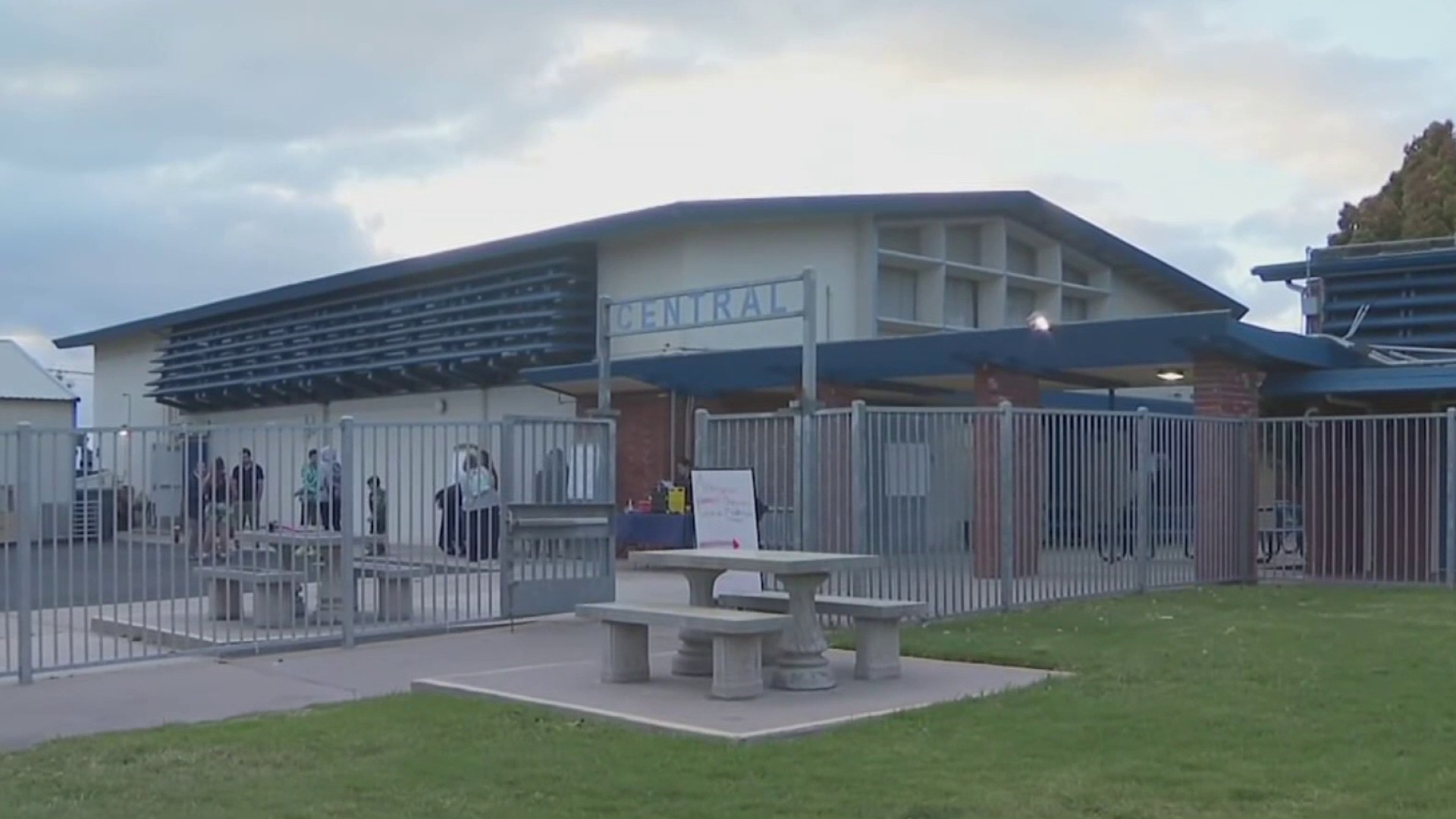“We cannot keep rebuilding on nonsense.”
Laila Aziz was clear.
“Certain things are going to have to be completely torn down, and to some people, that’s a good thing, and to some people, that is the worst thing possible,” Aziz said.
On Tuesday, Aziz was sitting inside the small Pillars of the Community offices in Encanto.
“We’re a nonprofit organization that’s deeply rooted in Southeast San Diego,” Aziz said. “What we do is: We look at policy, we look at community building, we look at leadership development.”
It’s all rooted in Aziz's community.
Aziz is the director of operations at the nonprofit, which is a community organization and a civil rights organization. And 2020 has become a springboard for issues she holds dear to her heart.
Local
“I want us to rethink policing, I want us to rethink public safety,” Aziz said.
Since George Floyd was killed by the police in Minneapolis, social justice has split the headlines with a global pandemic. Protests erupted across the country and in San Diego County. Aziz said she appreciates more people talking about social inequalities and human rights.
“But unfortunately, we know -- particularly those of us who are historians -- that this is not going to be the last,” Aziz said. “I am not interested in reforming law enforcement. That doesn’t make sense to me. That would be a waste of my time. I’m interested in taking care of my community and building an infrastructure where we don’t need them.”
Last week, San Diego police officials announced new policies to reduce the use of force and to mandate an officer's intervention if another officer’s actions during an incident are in excess of what's necessary.
"It’s an absolute," said San Diego Police Chief David Nisleit. "It’s a mandate that if an officer sees an officer using force that is unreasonable for the resistance that the officer is trying to overcome, than the officer must intervene. And it’s spelled out in that policy. I believe this policy is one of the most robust in the nation."
It’s not enough in Aziz’s eyes. She said she favors defunding the San Diego police in her community, as opposed to the city, which on June 8, increased SDPD’s citywide funding by $27 million.
“A lot of the money that you’ve taken of our tax dollars needs to come back to our community, though,” Aziz said.
Aziz said communities like La Jolla can continue to call the police. She wanted tax dollars that would be spent patrolling her neighborhood to fund a youth drop-in center, counseling and a community council that would oversee the community.
“We want that money going to youth violence," Aziz said. "We want to attack youth violence with best practices and prevent it. Let us build our infrastructure to keep our people safe. The police are just as unsafe for us as any other thing that we look at as crime.”
Aziz mentioned the 25-year-old man shot by two SDPD officers this past weekend. Officials said Leonardo Ibarra ran and pulled a handgun on the officers on Saturday. Police said they wanted to talk to Ibarra because he matched the description of a man involved in a robbery.
“More so I wanted to know: 'What led up to what happened?' ” Aziz wondered. “ 'What happened there that ended up with police involvement?' And that’s what we really need to look at.”
“We need to focus on the ‘what’ -- this person did this, this person did that, this person did this," Aziz said. "Instead of the ‘why,’ which can be systemic, and many times is. That would eliminate all of the issues or a majority of the issues that we’re having.”
Leonardo Ibarra died Monday.
“It demonstrates we have a problem,” Aziz said. “What are we going to do about it?”



